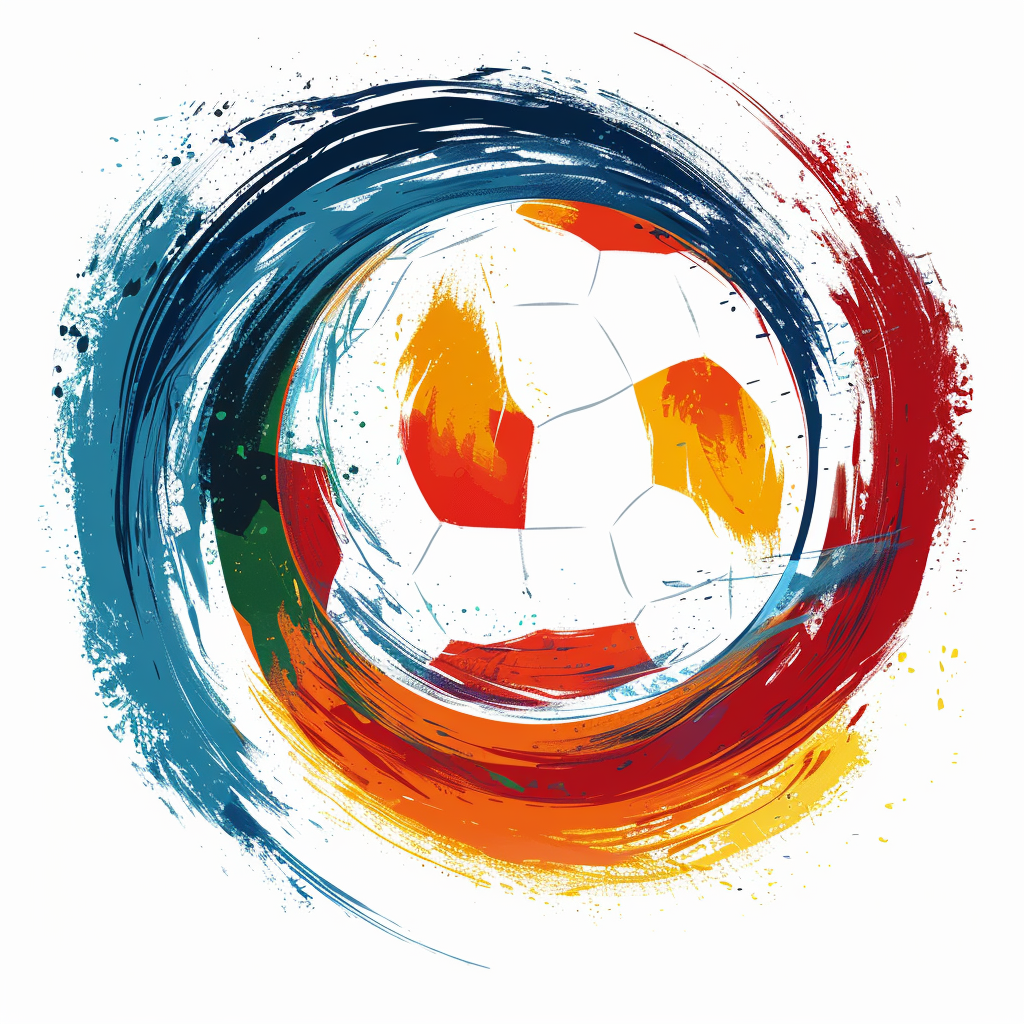FIFA Apologizes for Crimea Map Controversy at 2026 World Cup
FIFA apologizes to Ukraine after mistakenly omitting Crimea from its map at the 2026 World Cup draw, sparking geopolitical backlash. Read more on the controversy.

FIFA Issues Apology Over Crimea Map Error at 2026 World Cup Draw
The Controversy Surrounding FIFA’s Map Misstep
FIFA, the global governing body for soccer, has found itself under scrutiny after a glaring error surfaced during the 2026 World Cup draw. The issue? A politically sensitive map displayed during the event appeared to depict Crimea as part of Russian territory. This oversight prompted an immediate backlash, particularly from Ukraine’s soccer federation, which views Crimea as an integral part of Ukraine.
The error hit a nerve given the ongoing conflict between Ukraine and Russia, and the long-standing international disputes surrounding Crimea’s annexation in 2014. For a major international organization like FIFA, the unintended message conveyed through the map mistake sparked widespread criticism.
FIFA’s Official Apology
Following the backlash, FIFA issued an official apology to Ukraine’s soccer governing body. The organization acknowledged the mistake and expressed regret for the oversight, assuring that the map did not reflect an official stance or policy on Crimea. FIFA emphasized its neutrality regarding political matters and affirmed its support for the territorial integrity of all member nations.
“We deeply regret this error,” FIFA stated in its public apology. “This was unintentional, and measures have been taken to ensure such mistakes do not occur in the future.”
Steps to Avoid Future Incidents
- Enhanced vetting processes for materials displayed during high-profile events.
- Engagement with geopolitical experts to review sensitive content.
- Collaboration with member nations to ensure accurate representation of borders in all official materials.
Why This Matters
As the world’s most popular sport, soccer has a unique ability to unite people across political and cultural divides. However, incidents like these underline how sensitive issues can inadvertently spark controversy. FIFA’s quick response and public apology show its commitment to maintaining diplomacy and neutrality in global soccer.
For Ukraine, this mistake highlights a broader challenge: ensuring the international community remains vigilant in recognizing its territorial sovereignty. The country continues to advocate for Crimea to be acknowledged as part of Ukraine, both on and off the field.
Conclusion
While FIFA’s apology may help diffuse the immediate tension, it serves as a reminder of the complex interplay between sports and geopolitics. The 2026 World Cup, spanning venues across North America, promises to be a unifying celebration of the sport—but incidents like this underscore the importance of careful planning in a politically charged world.
